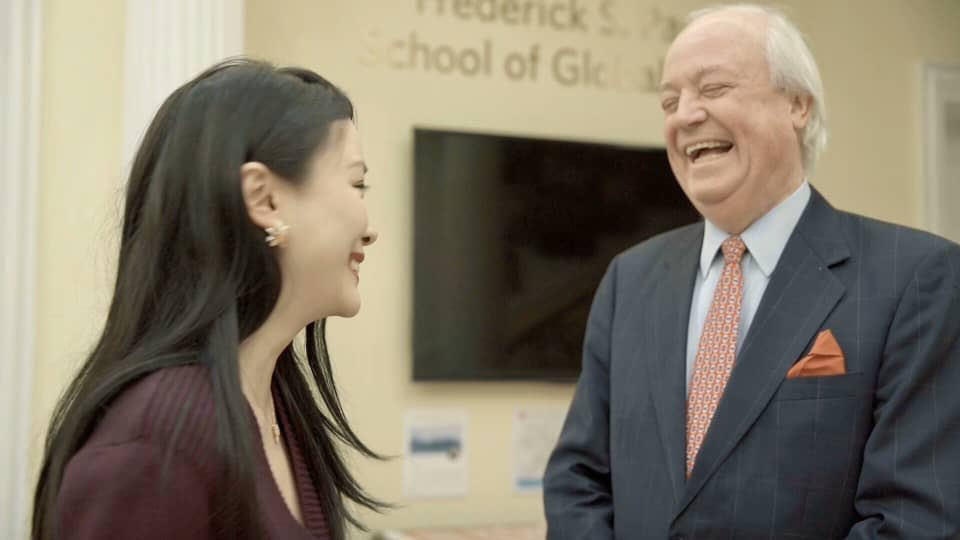Heine Examines Impacts of Belt and Road Initiative

On September 8, 2023, Jorge Heine, Research Professor at Boston University’s Frederick S. Pardee School of Global Studies and Interim Director of the Frederick S. Pardee Center for the Study of the Longer-Range Future, discussed on The Heat, a subsect of China Global Television Network (CGTN) the impacts and implications of China’s Belt and Road Initiative (BRI) on worldwide development after passing the project’s 10-year anniversary.
Heine posited that the BRI exemplified China’s approach to development, which emphasized infrastructure and connectivity as key pillars to encouraging sustainable growth. He remarked that this differed vastly from the traditional Western approach, which relied on creating a competitive business environment to encourage development of its own accord.
He also reminded viewers that Latin America was not originally included in the BRI. Rather, lobbying from Latin American countries, motivated to win critically-needed infrastructure contracts, persuaded Chinese companies to invest and begin projects in the region, transforming the BRI into its contemporary form as an investment hub for the Global South.
Watch the full news segment on CGTN:The Heat‘s YouTube channel.
Ambassador Jorge Heine is a Research Professor at the Pardee School of Global Studies at Boston University. He has served as ambassador of Chile to China (2014-2017), to India (2003-2007), and to South Africa (1994-1999), and as a Cabinet Minister in the Chilean Government. Read more about Ambassador Heine on his Pardee School faculty profile.